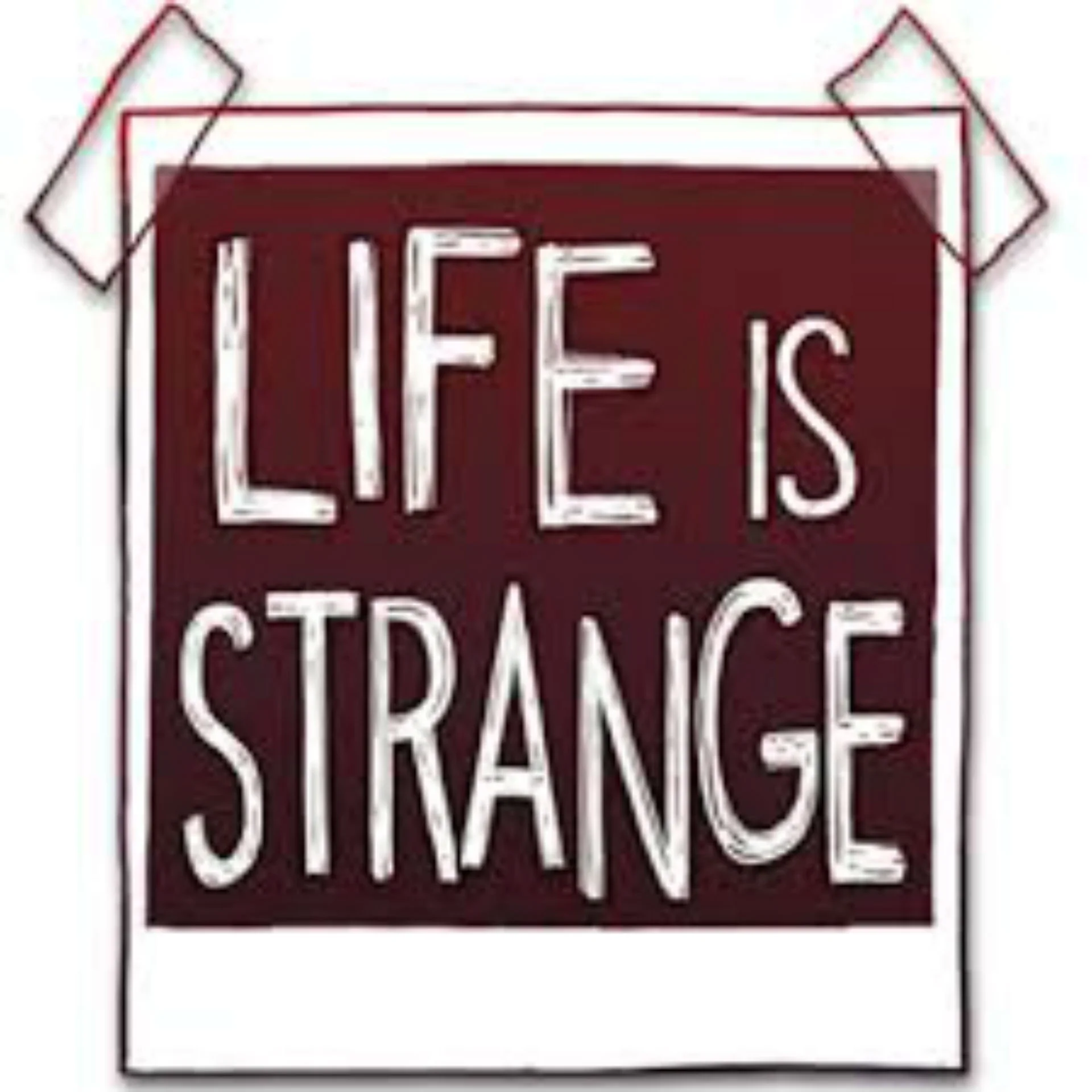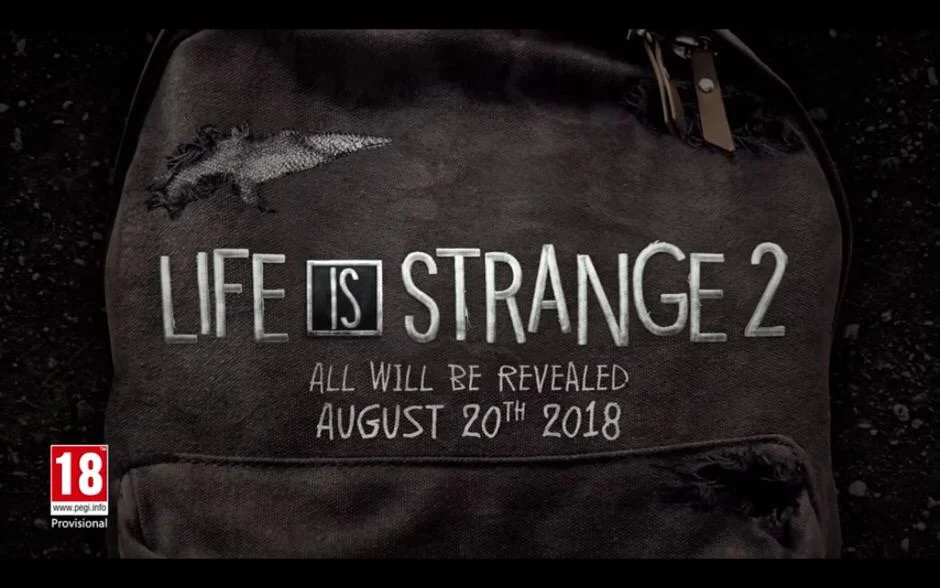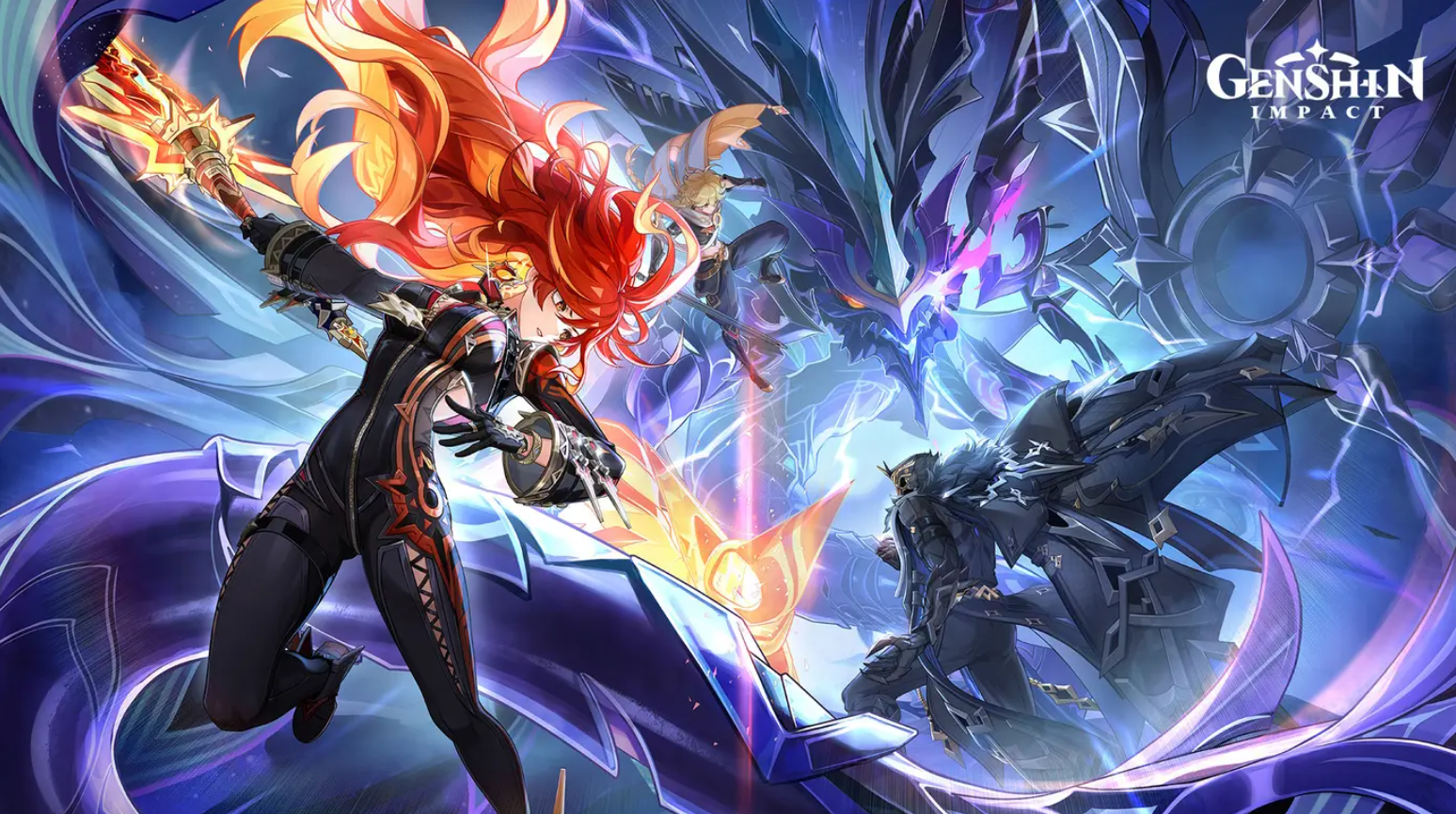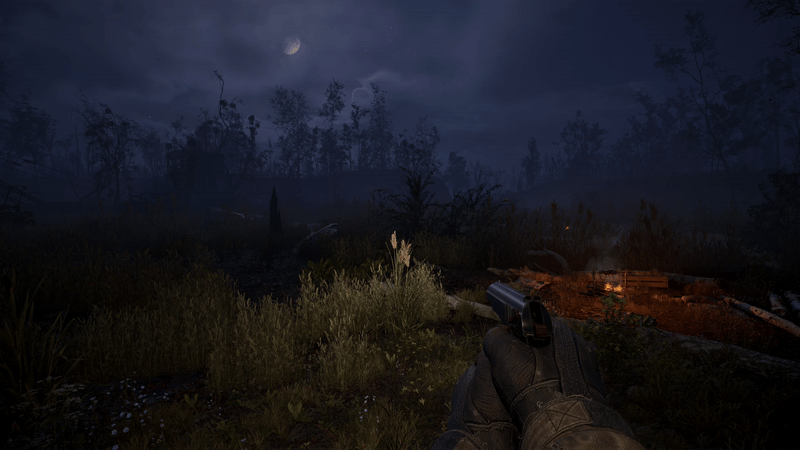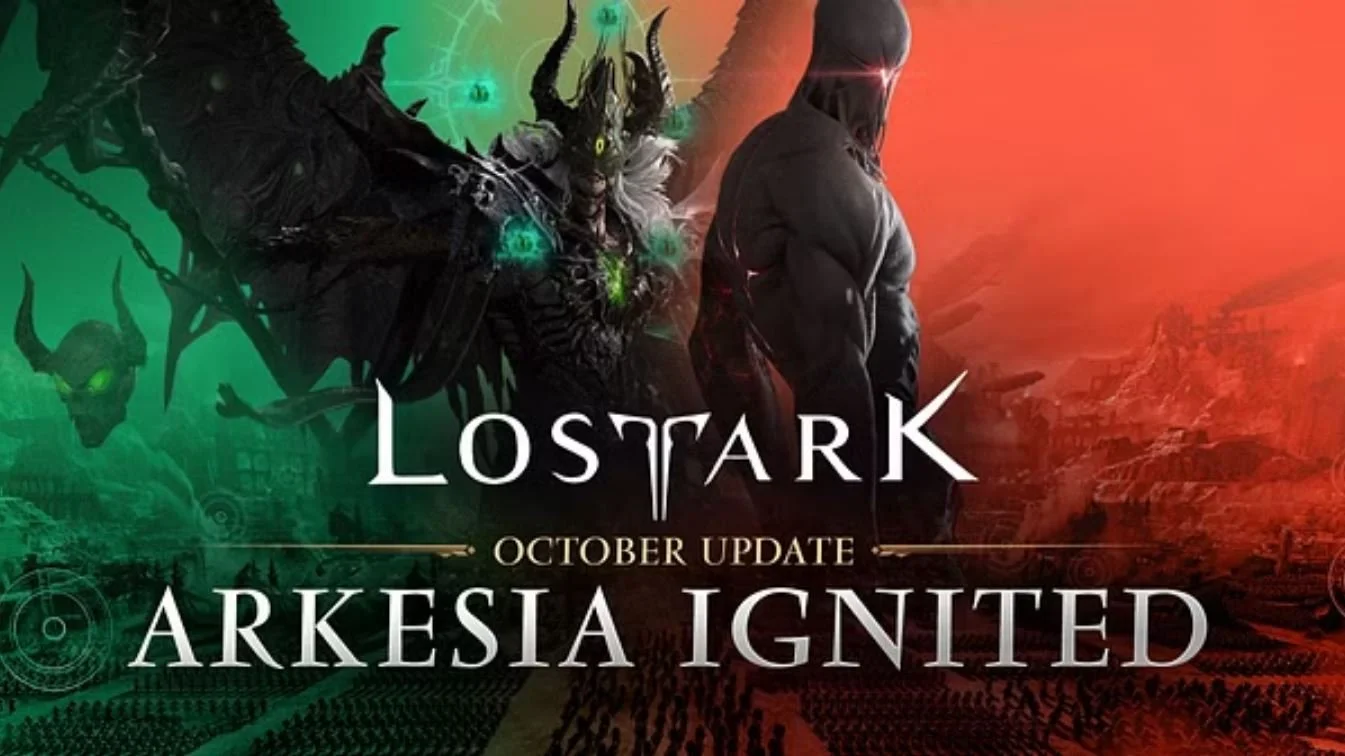This past week, one of the most prevalent narrative gaming experiences of the year drew to a close; DONTNOD Entertainment’s Life is Strange. Needless to say, it’s been a wild ride. Writing a narrative-driven game is difficult as is, but pulling the player into that story and using it as the driving game mechanic? That’s another monster entirely. This is where Life is Strange truly excels in its genre, giving the player a linear story-line in which they can still feel like their decisions truly matter.
Life is Strange features Max, a photography student who discovers her time-rewinding superpower in the wake of a fellow student’s disappearance. Over the next week, she and her best friend must unearth the clues and unravel time itself to find out what happened. The game tackles some pretty serious topics like kidnapping, drug use, and suicide, all through the innocent eyes of a girl still looking for her place in all the commotion. I think it’s this honest, coming-of-age writing style that truly sets the game apart.
Hipster love stories are always better with time travel
That takes me to its conclusion. Be warned, there will be (vague) spoilers. Life is Strange concludes with a singular choice, similar to Mass Effect 3’s infamous ending. Really though, that’s where the similarities end. Somehow, Life is Strange manages to make that choice all that matters; the ultimate decision to change the outcome for better or for worse. It’s hard to boil it down to that, especially when the player has been making decisions all along, and in the end it comes down to what each player personally sees as a better ending. Neither option is perfect, neither is entirely satisfying. After all is said and done, Life is Strange concludes as it played; honest and unimpeded. There is pain, sacrifice, and ultimate decisions that change our fate. One of the hardest parts of life is growing up and facing that reality. Whether you’re still doing a little of that yourself or have considered yourself grown for a while, you as the player are still experiencing that loss of naiveté with Max—and all the insecurity, pain, and joy that comes with it.
There are increasing numbers of narrative-driven games out there, but Life is Strange stands apart. It’s current, smart, and well-written to a fault, really pushing the player into caring for these NPCs as if they were real people; all their flaws, ambitions, and quirks intact. Paired with that powerful final chapter and its timeless message, I give it 9 out of 10 selfies. (See what I did there, Max?)




